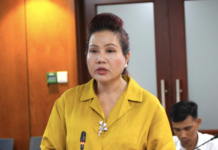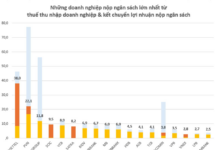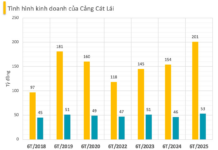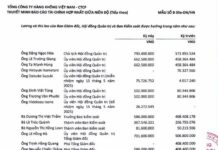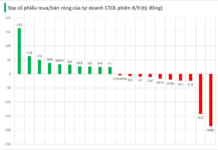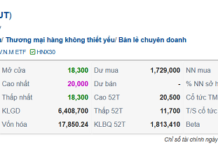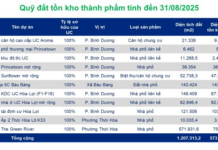On the afternoon of March 15, during the 31st session, the Standing Committee of the National Assembly provided opinions on the explanation, absorption, and amendment of the draft Road Law.
In addressing major issues regarding the explanation, absorption, and amendment of the draft Road Law, Chairman of the National Assembly’s National Defense and Security Committee, Le Tan Toi, stated that there is a suggestion to stipulate that a minimum of four lanes and an emergency lane be required for expressways.
The Standing Committee of the National Defense and Security Committee found this suggestion to be reasonable. However, the construction of expressways still depends on budget balancing and resource mobilization.
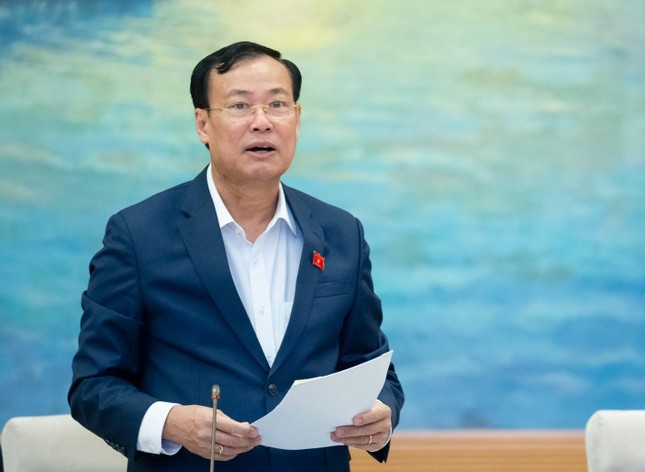
Chairman of the National Defense and Security Committee, Le Tan Toi.
In addition, this is a matter related to standards and technical regulations, which will be further researched and specified by the Ministry of Transport. Therefore, the Standing Committee of the National Defense and Security Committee proposes not to specify these contents in the draft Law.
Regarding the toll fees for using expressways, there is a suggestion to evaluate the necessity and stipulate the toll fees for using expressways on the routes invested, owned, managed, and operated by the State.
The Standing Committee of the National Defense and Security Committee found that in order to implement the National Assembly’s direction in the approved resolutions for investment in expressway routes, the Ministry of Transport has conducted a study on toll fee options for expressways invested by the State and evaluated the impacts in cases of toll and toll-free for expressway routes invested by the State.
Results have shown that expressway routes invested by the State all have parallel national roads, which allow road users the choice of using either the expressways or the national roads; road users on the expressways enjoy more benefits.
Furthermore, the current form of toll fees for using roads has not classified regular road users and expressway users (who receive better service quality).
The Standing Committee of the National Defense and Security Committee agrees with these contents in the draft Government Law and proposes to amend and supplement the provisions of the Fee and Charge Law as stipulated in Article 90 of the draft Law.
According to Article 47 of the draft submitted to the National Assembly, expressways are a technical level of roads, exclusively for motorized vehicles, with a separated two-way traffic lane, no intersections with other roads at the same level, equipped with protective barriers, supporting facilities, ensuring continuous, safe traffic, reducing travel time, and allowing motorized vehicles to enter, exit, or stop at certain points.
The draft Road Law provides that the Ministry of Transport shall organize the implementation of expressways within the national highway system. Provincial People’s Committees shall organize the implementation of expressways within the provincial and urban road systems. The draft presents two options:
Option 1: Based on the economic and social development requirements of regions and localities, ensuring national defense and security, and the ability to allocate resources of localities, the Ministry of Transport shall assign provincial People’s Committees to organize the implementation of expressways within the national highway system.
Option 2: Based on the economic and social development requirements of regions and localities, ensuring national defense and security, and the ability to allocate resources of localities, provincial People’s Committees propose that the Prime Minister assign them to organize the implementation of expressways within the national highway system.









